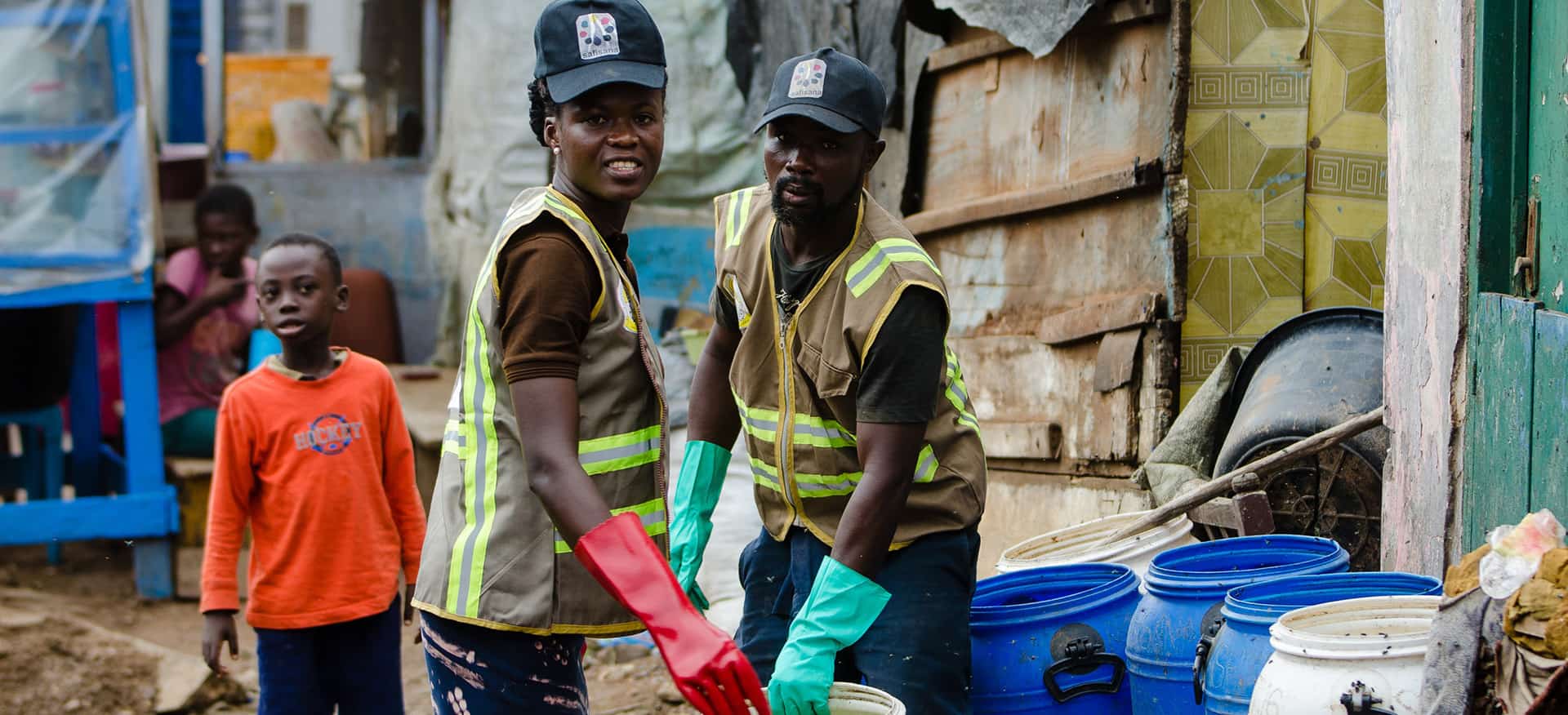
Burkina Faso is taking a significant step toward improving its environmental health by learning from Ghana’s experience in waste management.
On Tuesday, June 24, 2025, Prime Minister R. Jean Emmanuel Ouédraogo welcomed a delegation from Ghana’s Jospong Group of Companies (JGC), led by its Executive Chairman, Dr. Joseph Siaw Agyepong.
The meeting was also attended by Burkina Faso’s Minister of the Environment, Roger Baro, and the country’s Ambassador to Ghana, Colonel-Major David Kabré.
The audience marked a milestone in the ongoing collaboration between the two West African nations to establish a modern waste treatment plant in Burkina Faso.
The project, which emerged from bilateral discussions during the official visit of Ghanaian President Nana Addo Dankwa Akufo-Addo to Burkina Faso on March 10, 2025, aligns with a broader South-South cooperation strategy focused on sustainable development and job creation.
With more than two decades of experience and operations in 24 African countries, the Jospong Group is positioning itself to replicate successful waste management models from Ghana in Burkina Faso.
These include advanced treatment technologies and community-based service frameworks that have proven effective in tackling urban sanitation issues.
Welcoming the initiative, Prime Minister Ouédraogo expressed strong support for homegrown African expertise, noting, “We are committed to promoting domestic, African solutions that bring hope—both in terms of youth employment and fighting unsanitary conditions.”
He reaffirmed the government’s readiness to facilitate investments that contribute meaningfully to national development.
Dr. Agyepong echoed this optimism, lauding the vision of President Ibrahim Traoré, particularly his emphasis on youth empowerment and national prosperity.
He also revealed plans for an upcoming memorandum of understanding with the Ministry of the Environment, which will pave the way for construction to begin.
In a commitment to local capacity building, Dr. Agyepong announced that young Burkinabe citizens would be trained in Ghana to manage the plant.
“We do not intend to import Ghanaian workers to Burkina Faso.
We will train young Burkinabe people who will take charge of waste management in their country,” he said.
This cross-border partnership illustrates the potential of regional cooperation in addressing environmental challenges while simultaneously boosting employment and technical skills among youth.



